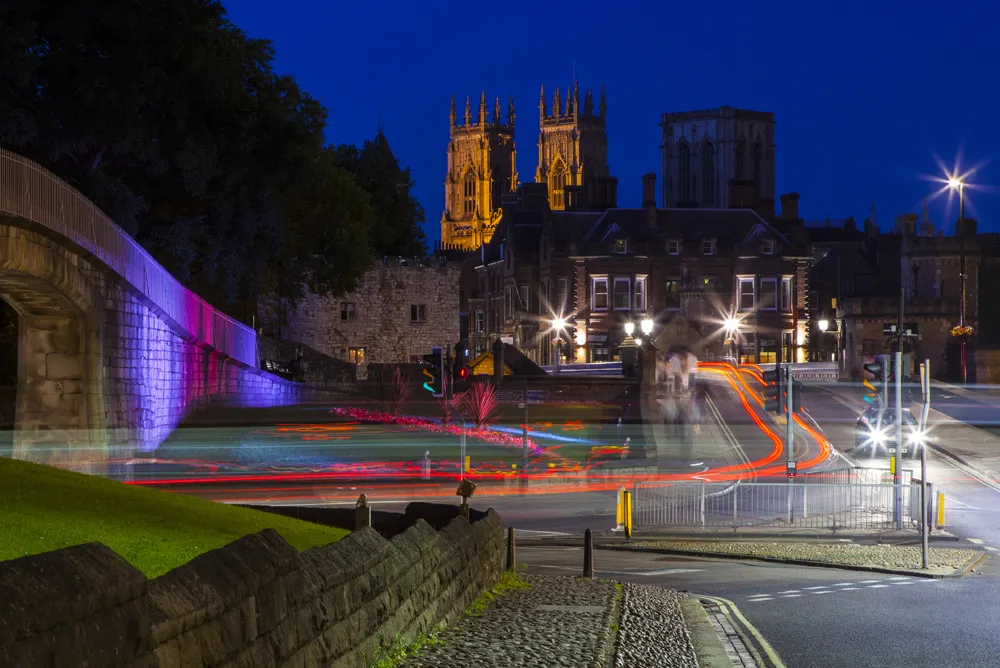As part of the Smart Oxford project, the trial by the council and the
At the same time, the research team at the ORI is exploring data such as road and pavement surface damage, air quality and people numbers and movement that may be obtained to help the council and its partners to better manage the city. They are also studying other data such as litter and fly-tipping, parked vehicles, broken streetlights and signs and heat loss from buildings.
The information will enable more effective planning from the city council and its partners while creating records of unreported issues such as fly-tipping for the council to act upon. If the project is successful, the new innovation could see the City Council add the mapping tool to its fleet of vehicles.
Oxford City Council is a founding partner of Smart Oxford, a strategic programme of a wide range of city partners working together to develop and promote Oxford as a smart city. The city council, along with its Smart Oxford partners, is keen to support innovative ways of trialling smart city technologies and solutions.
UK city trials 3D mapping to aid services management and autonomous vehicles
The UK’s Oxford City Council has launched a street mapping trial project which it hopes could transform how manages its services across the city and pave the way for the development of autonomous vehicles. As part of the Smart Oxford project, the trial by the council and the University of Oxford’s Robotics Institute (ORI) will see sensors attached to a city council street cleaner in the city centre to create 3D maps. At the same time, the research team at the ORI is exploring data such as road and pavement
April 19, 2017
Read time: 2 mins
The UK’s Oxford City Council has launched a street mapping trial project which it hopes could transform how manages its services across the city and pave the way for the development of autonomous vehicles.









